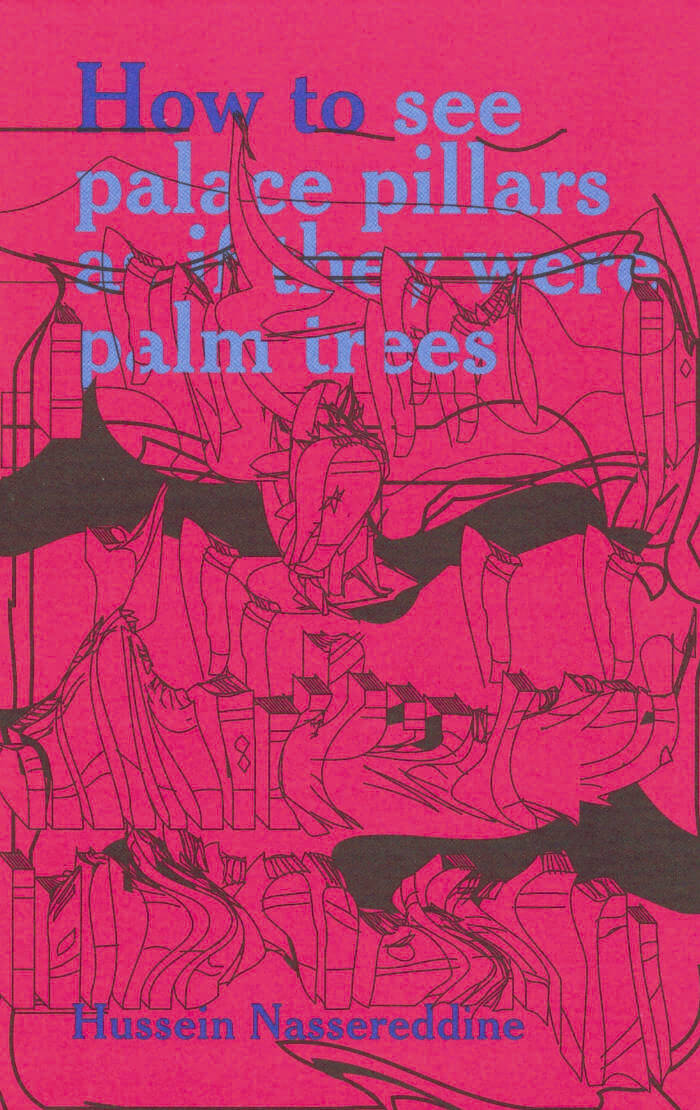
Hello Chaos, a Love Story
Kitty, the cute and mute cartoon protagonist of Hello Chaos, a Love Story: The Disorder of Seeing and Being Seen, embarks on an ill-fated endeavour to win the eyes of her estranged counterpart Mickey in this genre-defying book by Charlie Engman. Through a cat-and-mouse narrative of unrequited attention-seeking, Engman unravels the contradictions of contemporary visual culture as Kitty and Mickey struggle to find each other and themselves amidst the chaos of imagery, technology, and mass production. Extensively illustrated with a wide range of images both original and found, this book attempts to tackle the beautiful, horny, horrible vulnerability of looking and being perceived.
Published in 2024 182 pages






